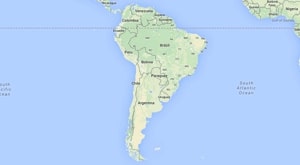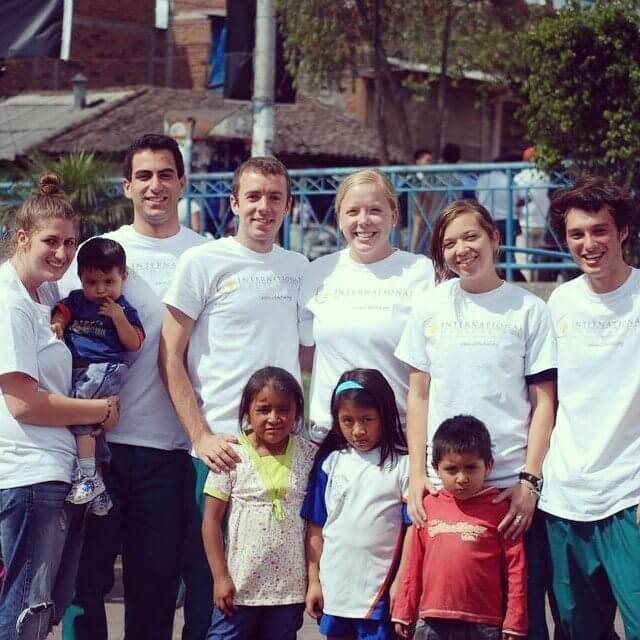Global Initiatives - Ecuador
Ecuador
South America, specifically Ecuador, served as International Medical Aid’s first target country and the site of IMA’s first health campaign. Ecuador is among the poorest countries in Latin America, with a per capita income of less than $5000. The current structure of the Ecuadorian public healthcare system is archaic, with origins dating back to 1967. Public health policies and regulations are mandated by the Ministerio de Salud Publica del Ecuador, which according to Transparency International is plagued by widespread corruption and mismanagement.
Government decentralization efforts under President Rafael Correa have created greater fragmentation in the healthcare system. Despite a universal healthcare system, many Ecuadorians continue to lack access to even basic healthcare and wellness resources. In rural areas and among indigenous populations, access to routine medical care is even less common. The World Health Organization estimates that healthcare spending per capita in Ecuador is less than $130, compared to nearly $400 in nearby Argentina. In comparison, Ecuador spends 47 times less on healthcare per person than the United States. As a result, there are fewer than 1.5 hospital beds and doctors per every 1000 people, and the infant mortality rate in Ecuador is among the highest in South America.
Overall, Ecuador’s public healthcare system serves less than half of the country’s population. Established NGOs work to fill this gap but currently only reach an additional 5% of the population. Rural inhabitants and migrant workers, including many women and children, are systematically the most underserved groups, making mobile healthcare facilities and outreach programs a promising prospect to improve overall health in Ecuador.
Approach
Key Facts

Total Population (2012)
37.2 million
Population under 15 (2012)
30 %
Population distribution urban (2012)
67 %
Life expectancy at birth (2012)
Total
76
Male
73
Female
79
Maternal morality ratio per 100,000 live births (2012)
110
Under 5 morality rate per 1000 live births (2012)
23
Total expenditure on health as % of GDP (2010)
7.9 %
General government expenditure on health as % of general expenditure (2012)
7.7 %
Gross Domestic Product (GDP) per capita (2012)
$8,510
Human Development Index rank out of 186 countries (2012)
89
Adult (15+) literacy rate (2012)
92 %
Population with sustainable access to improved drinking water (2012)
92 %
Population with sustainable access to improved sanitation (2012)
93 %
Sources:
1. World Health Statistics, 2013
2. Human Development Report UNDP, 2013


